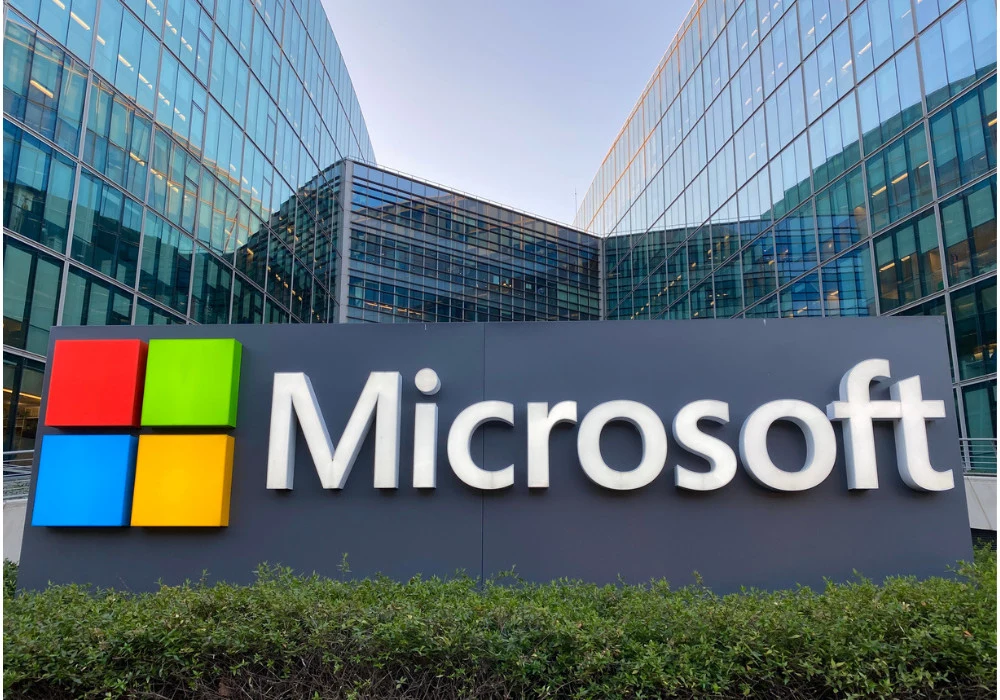Rural hospitals are indispensable pillars of healthcare in the United States, providing essential services to communities often underserved by larger healthcare networks. However, these vital institutions face mounting challenges, with cyberattacks emerging as a significant threat. Recognizing this critical issue, Microsoft has launched the Microsoft Cybersecurity Program for Rural Hospitals, aimed at fortifying these healthcare providers against digital threats and ensuring uninterrupted patient care.
Affordable Access to Crucial Security Solutions
The cornerstone of Microsoft’s initiative lies in providing affordable access to cutting-edge security solutions. Independent Critical Access Hospitals and Rural Emergency Hospitals can benefit from nonprofit grants and discounts of up to 75% on Microsoft products. Moreover, hospitals already leveraging eligible Microsoft solutions will receive complimentary licenses for Microsoft 365 E5 Security, enhancing their cybersecurity capabilities without incurring additional costs for a year.
Strengthening Cybersecurity Capacity
Central to the program is the provision of comprehensive cybersecurity assessments tailored to healthcare environments. These assessments, grounded in industry best practices, identify vulnerabilities within hospital IT systems and outline actionable plans to bolster security measures. Additionally, frontline healthcare and IT staff receive free training on cybersecurity awareness and risk mitigation strategies, empowering them to safeguard patient data and critical hospital operations proactively.
Fostering Innovation through Collaboration
In a bid to drive innovation tailored to rural healthcare needs, Microsoft has established the Rural Health AI Innovation Lab. This collaborative venture engages rural hospital leaders to develop and deploy AI-driven solutions that address unique healthcare challenges. By harnessing the power of artificial intelligence, Microsoft aims to equip rural hospitals with tools that enhance operational efficiency and patient care outcomes.
Enrolling in the Cybersecurity Program
Eligible rural hospitals can enrol in the Microsoft Cybersecurity Program through a straightforward registration process. Once confirmed, hospitals gain access to a suite of security offers, including assessments and training, all at no cost. This initiative underscores Microsoft’s commitment to supporting rural healthcare systems in fortifying their cybersecurity defences amidst an escalating threat landscape.
National Support and Recognition
The initiative has garnered significant support from national entities like the White House, the American Hospital Association, and the National Rural Health Association. These collaborations underscore a collective commitment to bolstering cybersecurity resilience across rural healthcare sectors. Anne Neuberger, Deputy National Security Advisor for Cyber and Emerging Technologies, emphasised the critical role of cybersecurity in maintaining uninterrupted healthcare services, particularly in rural communities where hospitals serve as lifelines.
Microsoft’s Cybersecurity Program for Rural Hospitals represents a pivotal step towards securing America’s healthcare safety net. By providing crucial resources, training, and innovative solutions, Microsoft empowers rural hospitals to defend against cyber threats effectively. This initiative not only safeguards patient data and critical operations but also ensures that rural communities continue to receive the essential healthcare services they depend on. As cybersecurity challenges evolve, Microsoft remains committed to supporting the resilience and sustainability of rural healthcare providers across the United States.
Source Credit: MICROSOFT
Image Credit: iStock










